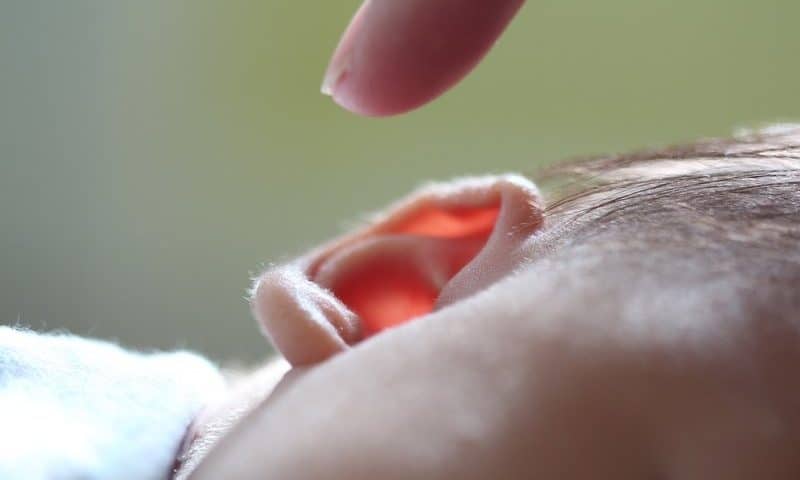Investors and patients will hear more about the future of Sensorion’s failed sudden hearing loss drug in March, once the French biotech gets a clearer picture of a midstage study that didn’t pass muster.
The oral small molecule, dubbed SENS-401 and arazasetron, failed to significantly improve pure tone audiometry, which measures hearing sensitivity, in patients’ affected ear from baseline. The phase 2 trial tested arazasetron in sudden sensorineural hearing loss, a hearing emergency in which patients lose 30 decibels or more on at least three frequencies within three days.
Despite missing the primary endpoint, Sensorion has yet to decide the fate of arazasetron’s development path. The biotech will wait for more detailed results of the trial, Audible-S, including secondary endpoint data. Once the data is released in mid-March, the company will reveal its development plans, Sensorion said (PDF) Monday.
The biotech’s shares have halved since the news was disclosed Monday, dipping from $1.82 apiece Friday to 88 cents on Wednesday. The failure in sudden hearing loss clouds the drug’s future in two other conditions and spells trouble for a biotech with nothing else in the clinic. Sensorion has yet to test three other pipeline products, which are gene therapies, in humans.
Sensorion did not detail the study’s secondary endpoints, nor are they listed on the federal database of trials. The drug was given twice a day, at either 29mg or 43.5mg, for four weeks. Patients were recruited within 96 hours after onset.
The pandemic impacted the timing of the study’s topline results data, and the company also amended the statistical analysis plan last year to reduce the trial’s sample size, Sensorion has said.
The company said a subset of patients with severe hearing loss, comprising 30% of the 115 patient-trial, showed better responses compared to placebo at both dose levels.
There are no therapeutic treatments for sudden sensorineural hearing loss. The condition is hard to diagnose: at initial presentation, only 10% to 15% of patients are declared to have it, according to a review of the condition in the Journal of Otology.
The company is “naturally disappointed,” CEO Nawal Ouzren said in a statement, but Sensorion sees potential in the secondary endpoints.
Sensorion is also developing the drug to protect inner ear tissue from damage, with the aim of stopping progressive hearing loss. Aside from the Audible-S study in sudden sensorineural hearing loss, Sensorion is studying the drug in hearing preservation after cochlear implantation and cisplatin-induced ototoxicity, in which the chemotherapy cisplatin leads to severe and permanent hearing loss.
The French biotech is not the first to falter in sensorineural hearing loss. Frequency Therapeutics’ treatment did not beat placebo in a phase 2a study last March.

